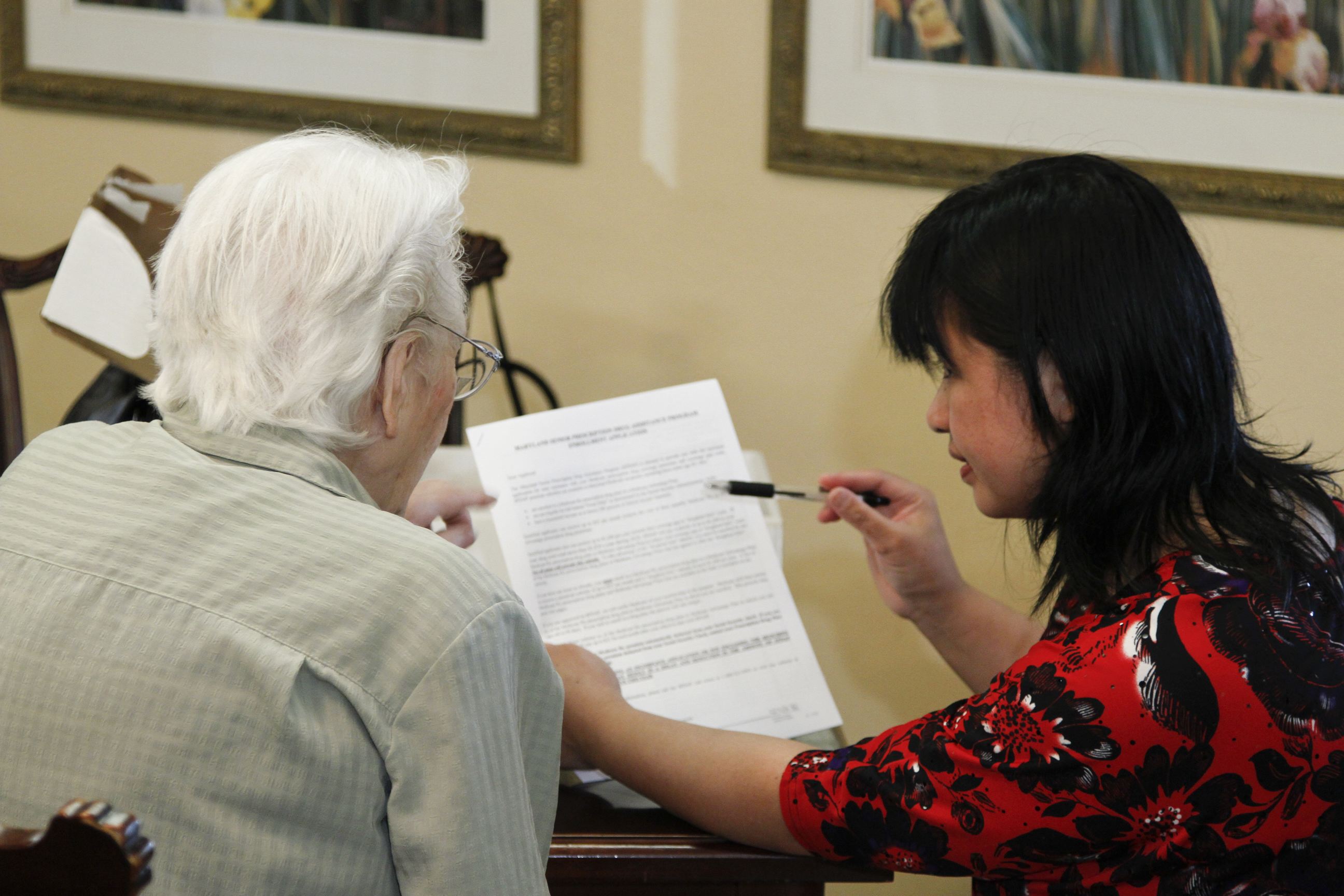Difference between revisions of "Main Page/Featured article of the week/2014"
Shawndouglas (talk | contribs) (Updated.) |
Shawndouglas (talk | contribs) (Updated.) |
||
| Line 12: | Line 12: | ||
<!-- Below this line begin pasting previous news --> | <!-- Below this line begin pasting previous news --> | ||
<h2 style="font-size:105%; font-weight:bold; text-align:left; color:#000; padding:0.2em 0.4em; width:50%;">Featured article of the week: May 19–25, 2014:</h2> | <h2 style="font-size:105%; font-weight:bold; text-align:left; color:#000; padding:0.2em 0.4em; width:50%;">Featured article of the week: May 26–June 1, 2014:</h2> | ||
<div style="padding:0.4em 1em 0.3em 1em;"> | |||
<div style="float: left; margin: 0.5em 0.9em 0.4em 0em;">[[File:20020811203148_-_NOI_2002.jpg|280px]]</div> | |||
'''[[Informatics (academic field)|Informatics]]''' is the science of information, the practice of information processing, and the engineering of information systems. Informatics studies the structure, algorithms, behavior, and interactions of natural and artificial systems that store, process, access, and communicate information. It also develops its own conceptual and theoretical foundations and utilizes foundations developed in other fields. Since the advent of computers, individuals and organizations increasingly process information digitally. This has led to the study of informatics that has computational, cognitive, and social aspects, including study of the social impact of information technologies. | |||
While the field of informatics encompasses the study of systems that represent, process, and communicate information, the theory of computation in the specific discipline of theoretical computer science which evolved from Alan Turing studies the notion of a complex system regardless of whether information actually exists. Since both fields process information, there is some disagreement among scientists as to field hierarchy. ('''[[Informatics (academic field)|Full article...]]''') | |||
</div> | |||
|- | |||
|<br /><h2 style="font-size:105%; font-weight:bold; text-align:left; color:#000; padding:0.2em 0.4em; width:50%;">Featured article of the week: May 19–25, 2014:</h2> | |||
<div style="padding:0.4em 1em 0.3em 1em;"> | <div style="padding:0.4em 1em 0.3em 1em;"> | ||
<div style="float: left; margin: 0.5em 0.9em 0.4em 0em;">[[File:Woman reading.jpg|280px]]</div> | <div style="float: left; margin: 0.5em 0.9em 0.4em 0em;">[[File:Woman reading.jpg|280px]]</div> | ||
Revision as of 20:28, 2 June 2014
Featured article of the week archive - 2014
Welcome to the LIMSwiki 2014 archive for the Featured Article of the Week.
Featured article of the week: May 26–June 1, 2014:Informatics is the science of information, the practice of information processing, and the engineering of information systems. Informatics studies the structure, algorithms, behavior, and interactions of natural and artificial systems that store, process, access, and communicate information. It also develops its own conceptual and theoretical foundations and utilizes foundations developed in other fields. Since the advent of computers, individuals and organizations increasingly process information digitally. This has led to the study of informatics that has computational, cognitive, and social aspects, including study of the social impact of information technologies. While the field of informatics encompasses the study of systems that represent, process, and communicate information, the theory of computation in the specific discipline of theoretical computer science which evolved from Alan Turing studies the notion of a complex system regardless of whether information actually exists. Since both fields process information, there is some disagreement among scientists as to field hierarchy. (Full article...)
|













